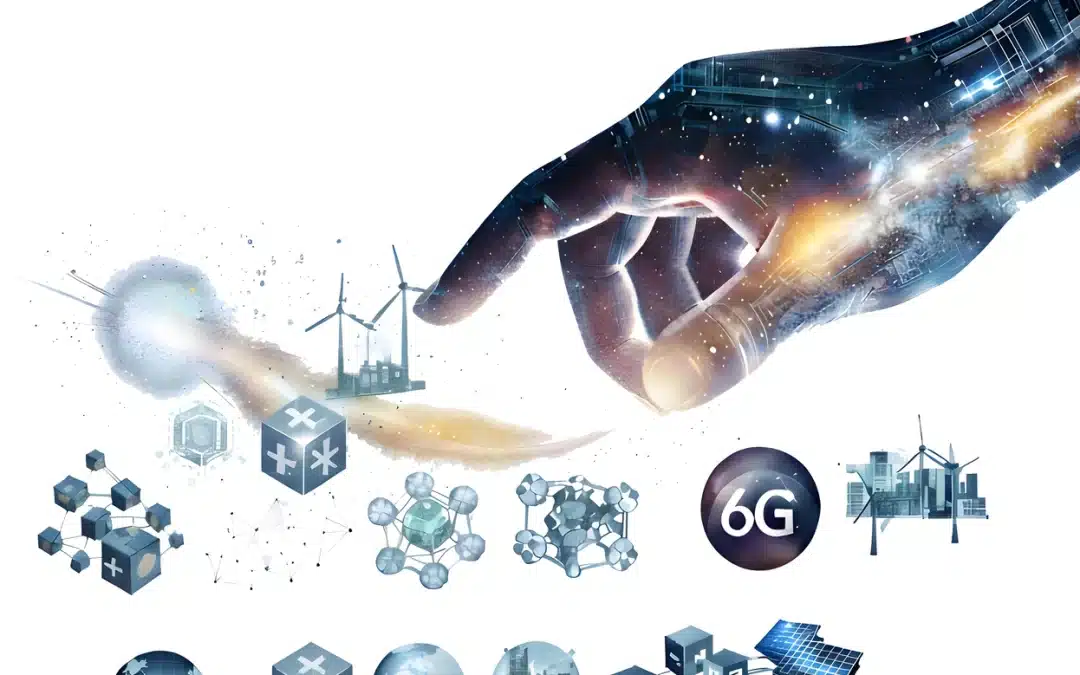Disruptive Horizons feels less like a tech briefing and more like a conversation about what life might actually be like in the next ten years. The author keeps things grounded: short, memorable scenes show how small tech changes—smarter assistants, better batteries, clearer health data, or simple augmented instructions—could quietly reshape daily routines without turning life into science fiction.
What stands out is the book’s focus on the human side of change. Instead of swooning over breakthroughs, it asks practical questions: who gains, who might be left behind, and what choices will steer outcomes toward the public good? That balance of curiosity and caution makes the book useful for readers who want to imagine the future responsibly, not just marvel at gadgets.
The writing is friendly and brisk, full of concrete examples rather than dense theory. Each chapter offers a compact idea you can explain to a friend, which is why this book works well for book groups, classrooms, or anyone wanting a clear intro before diving into deeper policy or career conversations.
In short, Disruptive Horizons is an accessible, thoughtful primer on near-term change—optimistic enough to inspire, careful enough to provoke useful questions.



